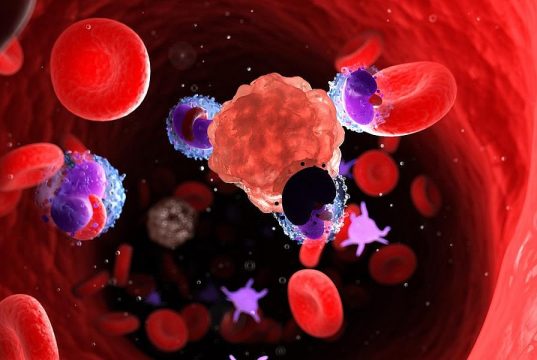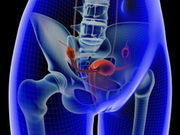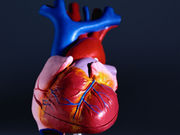Four Best Practices Outlined to Prevent Health Care Cyberattacks
Health care execs should ID potential inefficiencies in cybersecurity, ensure systems backed up
Perfluoroalkyl Substances Linked to Greater Weight Regain
Higher baseline levels of PFAS tied to greater weight regain in weight-loss setting, especially for women
Losartan May Improve Endothelial Function in Marfan Syndrome
Therapeutic importance may be increased in endothelial nitric oxide release, not ATR1 inhibition
USPSTF Recommends Against Ovarian Cancer Screening
Among asymptomatic women, harms of screening for ovarian cancer outweigh potential benefits
Ultrasound for Rectal Cancer Staging Tied to More Chemoradiation
But no significant improvement in overall survival compared with CT of the abdomen and pelvis only
Criteria for Prostate Cancer Trials Disproportionately Exclude Blacks
Trials sponsored by academic investigators, cooperative groups more likely to use these criteria
Low Postnatal Levels of Arachidonic Acid Linked to ROP
Evaluating arachidonic acid and gestational age identifies ROP with a sensitivity >90 percent
Cause of Sudden Unexpected Infant Deaths Shifts in the U.S.
Decrease in SIDS, but spike in suffocation, strangulation; minimal decrease in overall rate
Premature Dementia Risk May Be Up in Survivors of Heart Defects
Increased risk of dementia compared with general population, especially for early-onset dementia
Mortality Up in Diabetes With Low eGFR, No Albuminuria
Mortality rates increasing among those with albumin-to-creatinine ratio <30 mg/g and low eGFR



















